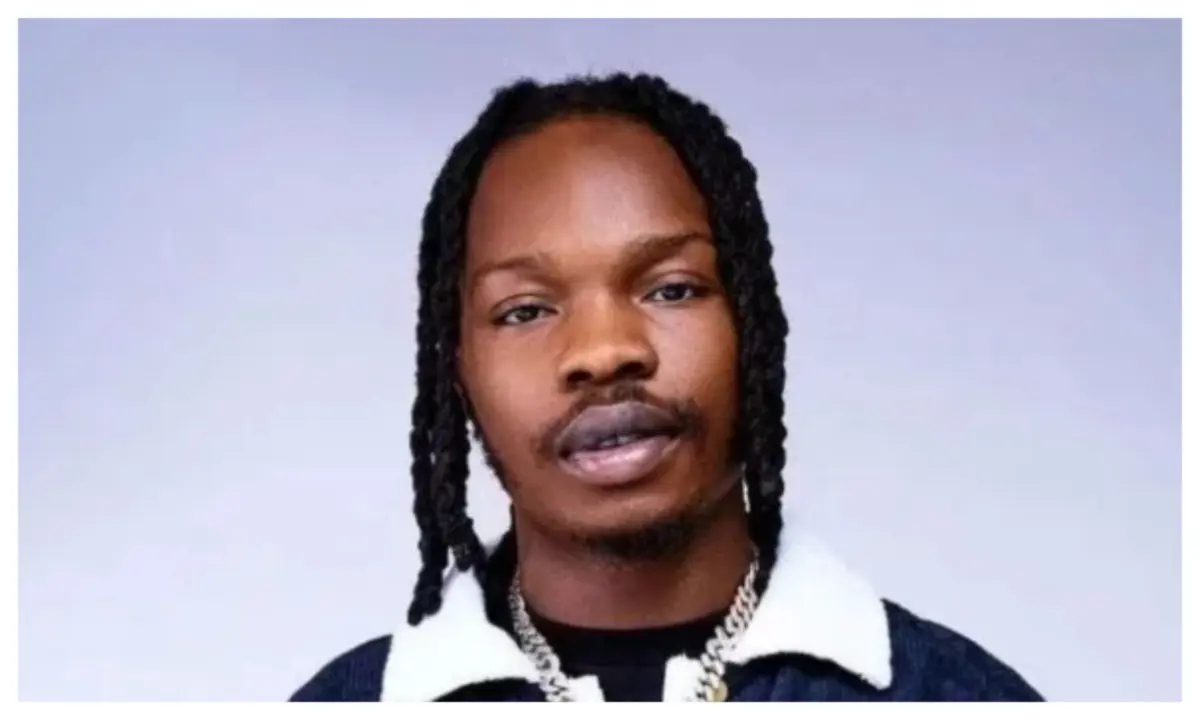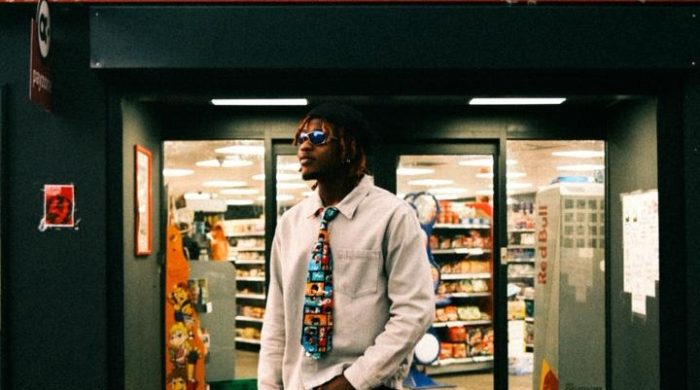Afrobeats star and rapper Naira Marley, whose real name is Azeez Fashola, has sparked renewed discussion around the gambling habits of Nigerian youths following a candid warning against excessive sports betting. His latest words have struck a chord, igniting debates online and offline about the real-life consequences—and allure—of betting culture amid tough economic times.
Sports Betting: A Rising Trend Among Nigerian Youths
Whether in Lagos, Abuja, or smaller towns, sports betting shops, online casinos, and daily football match predictions have become deeply woven into youth culture. Many young people, drawn by hopes of easy winnings, see betting as a possible escape from financial hardship or as an exciting social pastime.
However, as Naira Marley recently pointed out, the long-term risks may outweigh the short-term thrills. Taking to his X (formerly Twitter) account, he wrote: “Football bet no be work bro. Please stop before they finish you.” His direct words come at a time when sports betting is on the rise across Nigeria and West Africa.
“It’s Not a Job”—Naira Marley Calls for Rethinking Gambling
The artist, known for his influence among young fans, makes a compelling argument: gambling should not be mistaken for sustainable employment. In his comment, “Football bet no be work bro,” he highlights the important distinction between leisure and livelihood—a line often blurred when desperation or peer pressure sets in.
This message arrives as regulatory agencies and financial counselors raise alarms about the adverse social effects of widespread sports gambling, including addiction, financial loss, and mental health challenges.
How Widespread Is Betting? The Numbers Paint a Picture
Recent data from Business Insider Africa shows Nigeria leads Africa in sports betting activity, with an estimated 168.7 million active bettors. Strikingly, approximately 70% of Nigerians under 30 have participated in betting, according to 2025 projections.
- Youth unemployment and underemployment rates remain high, contributing to betting’s appeal.
- Betting platforms are accessible via mobile phones, making it easy for anyone with internet access to participate.
- Jackpot winners are sometimes publicized, fueling hope—but in reality, most people lose money.
This paints a nuanced picture: while the industry generates substantial revenue and offers employment, it also raises social and psychological concerns.
Voices from the Street: Youth Perspectives
For many young Nigerians, sports betting is seen as a harmless way to have fun or support their favorite football teams. Others admit they bet out of necessity, hoping to pay bills or cover daily expenses.
“Sometimes you just want to try your luck. I’ve won small money a few times, but mostly I lose. Still, I keep playing because you never know,” says Kunle, a 23-year-old student in Lagos.
“My friends encourage me, and sometimes we bet together for fun. But I agree with Naira Marley: you can’t rely on it as your daily bread,” adds Amaka, a 28-year-old entrepreneur in Ibadan.
A growing number of advocacy groups and educators are urging youths to channel their creativity and time into more sustainable ventures—offering workshops, skills training, and small business grants.
The Business of Betting in Nigeria: A Double-Edged Sword
The sports betting sector is booming, contributing to Nigeria’s GDP and creating jobs as operators, marketers, and technical support staff. Yet the social costs, including financial instability for some bettors and family disputes, continue to generate debate.
- Some analysts argue the industry requires tighter regulation to prevent predatory marketing and underage gambling.
- Financial experts warn that habitual gamblers are more likely to incur debts and restrict their ability to save or invest in the future.
- Law enforcement and consumer protection bodies are increasingly focused on ensuring gambling companies play by the rules.
According to Lagos-based economist Dayo Ajayi: “While betting may seem like a shortcut to riches, the odds always favor the house. Youths must be empowered with better options—entrepreneurship, tech skills, creative arts, and vocational training.”
What Are the Alternatives? Turning Passion into Possibility
With skyrocketing access to the internet and digital resources, there are more opportunities than ever for young people to upskill or enter side hustles:
- Learn coding, social media management, or graphic design through free online courses.
- Start a small business, such as dropshipping, fashion, food vending, or content creation for Nollywood and Afrobeats fans.
- Join youth empowerment programs offered by NGOs or the government.
- Participate in community events, sports leagues, or volunteering to build connections and experience.
Stories abound of Nigerians who switched from relentless betting to entrepreneurship—turning their love for football, music, or entertainment into a real career rather than short-term wins.
Regional Impact: Beyond Nigeria
Sports betting isn’t confined to Nigeria. Across Ghana, Ivory Coast, and other West African countries, gambling has become part of youth recreation—often blending social pressure with technology and the global popularity of football.
Ghana’s National Lottery Authority and similar agencies elsewhere have also reported growing concerns about youth betting, issuing periodic warnings and developing intervention programs.
Expert Advice: Protecting Your Finances and Mental Health
Financial literacy advocates and mental health professionals stress the importance of setting boundaries with gambling—treating it strictly as entertainment, not income.
- Never bet more than you can comfortably lose.
- If you find yourself chasing losses, consider seeking support from a counselor or community group.
- Talk openly with friends or family if you’re concerned about your betting habits.
There are confidential help lines and online support networks now available in Nigeria and Ghana for people who may be struggling with gambling addiction.
The Way Forward: Encouraging Dialogue and Responsible Choices
Naira Marley’s intervention on the dangers of excessive sports betting serves as a timely reminder. With a massive fan base looking up to him, his message encourages honest dialogue about not just the fun side of betting, but the potential pitfalls and missed opportunities as well.
As the debate continues, the hope is that more celebrities, policymakers, and families will join the conversation—helping young Nigerians and West Africans build not just excitement, but real, lasting success stories in a rapidly changing world.
What do you think: should betting companies do more to educate and protect Nigerian youth? Is gambling now too ingrained in our culture, or is there still room for change? Share your thoughts below and join the discussion.
Have an opinion, experience, or story to share about Nigeria’s sports betting culture? Get your story featured or sell your exclusive gist—just email us at story@nowahalazone.com.
For general tips or support, reach out at support@nowahalazone.com.
Stay connected for the latest updates—drop a comment, follow us on Facebook, X (Twitter), and Instagram to keep up with all the gist!










